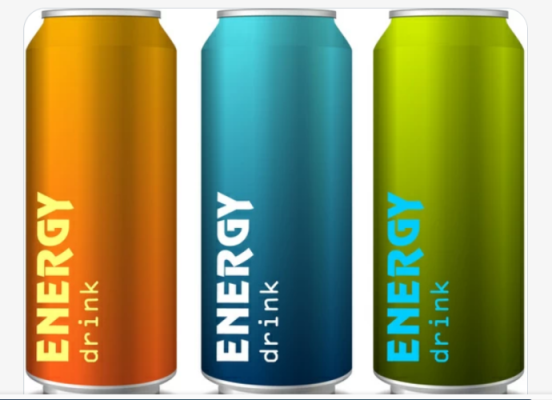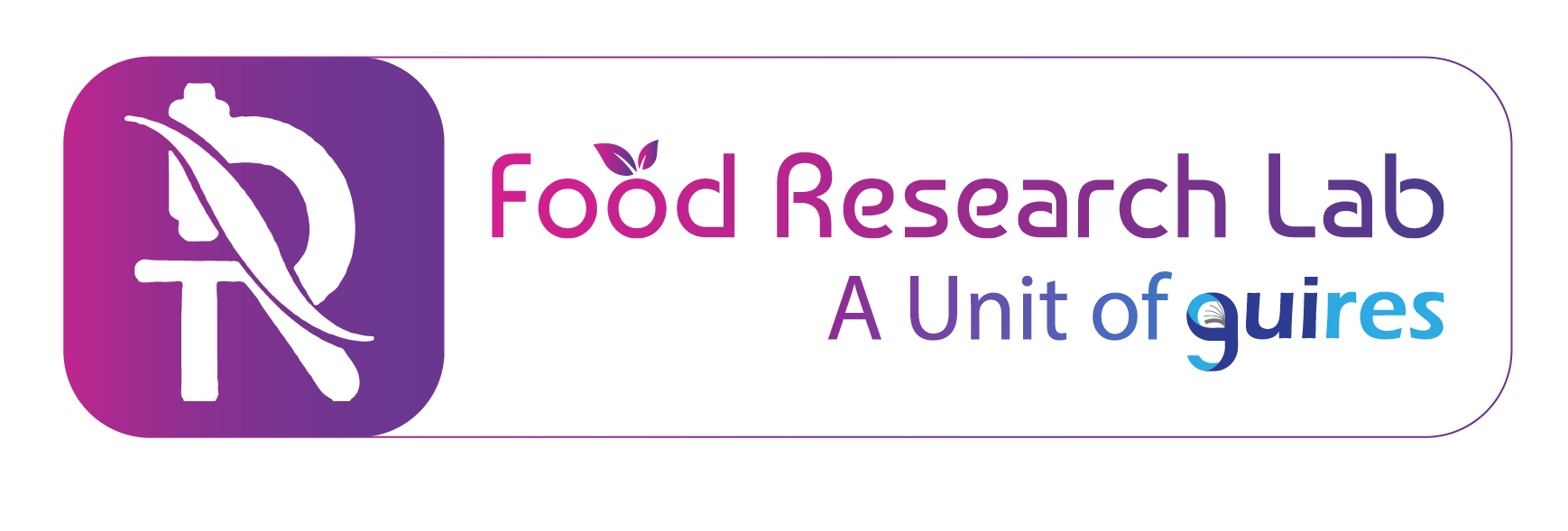
Foods Ginseng and Caffeine Combination in Health/Energy Drinks
Products Recalled:
Monster Energy Absolutely Zero and Monster Energy made by the Mumbai-based Monster Energy India; Cloud 9 Premium product, and the other flavours of product such as Cloud 9 Wild Berry, Cloud 9 Pomegranate, Cloud 9 Red Grapes and Cloud 9 Wild Berry from the Pune-based Pushpam Foods & Beverages; and Tzinga Lemon Mint, Tzinga Tropical Trip and Tzinga Mango Strawberry produced by Hector Beverages in Gurgaon (Haryana).
Problem: The Food Safety and Standard Authority of India (FSSAI) has ordered an immediate recall on June 11 of ‘Restless’ and Cloud-9 Energy Drink manufactured by Pushpam Foods and beverages Pvt. Ltd. This is due to the unhealthy and irrational combination of ginseng and caffeine, which revoked the product approval. Besides, the detailed composition in the product per serving size varied in the original application for product approval and one that was given later when FSSAI asked for clarification. Lack of safety evaluation data from international agencies such as WHO, EU, FSANZ or USDA. Therefore, the FSSAI ordered the manufacturer to stop the manufacturing, distribution, and sales of the energy drink.
Type of Ginseng being recalled – American Ginseng is Panax Quinquefolius.
Scientific Evidence: Both Ginseng and Caffeine have a synergistic stimulating effect. This is because both Ginseng and caffeine play a similar role. However, caffeine stimulates the nervous system, while Ginseng has the property to increase its effects, possibly causing insomnia, irregular heartbeat, sweating and nervousness. A paper published in the Canadian Journal of Cardiology noted that some energy drinks have the potential to trigger sudden cardiac deaths in young, apparently healthy individuals.
What Regulations Clarifies :
- The message is that the “daily intake must not exceed two cans per day.”
- A Label must display caution, warning against intake by children, pregnant and lactating women
- Packaging of energy drinks in 250mL Containers
- No Health and Enhanced Functions claims.
- Current regulations (FSSAI draft regulations on April 18, 2013) limit the amount of caffeine in carbonated beverages to 145 parts per million (ppm), and the government has come up with a draft proposal to create a separate category of energy drinks, setting the maximum caffeine levels at 320ppm.

References
- https://fssai.gov.in/upload/uploadfiles/files/STANDARDS_OF_ENERGY_DRINKS.pdf
- https://www.fssai.gov.in/upload/advisories/2018/02/5a93c4df0e9f2Implementation_Health_Suppliments_29_12_2017(1).pdf
- https://www.fssai.gov.in/upload/uploadfiles/files/Guidelines_Food_Recall_28_11_2017.pdf
- https://www.fssai.gov.in/upload/uploadfiles/files/letterregardingRecallplanof200FBOs.pdf





